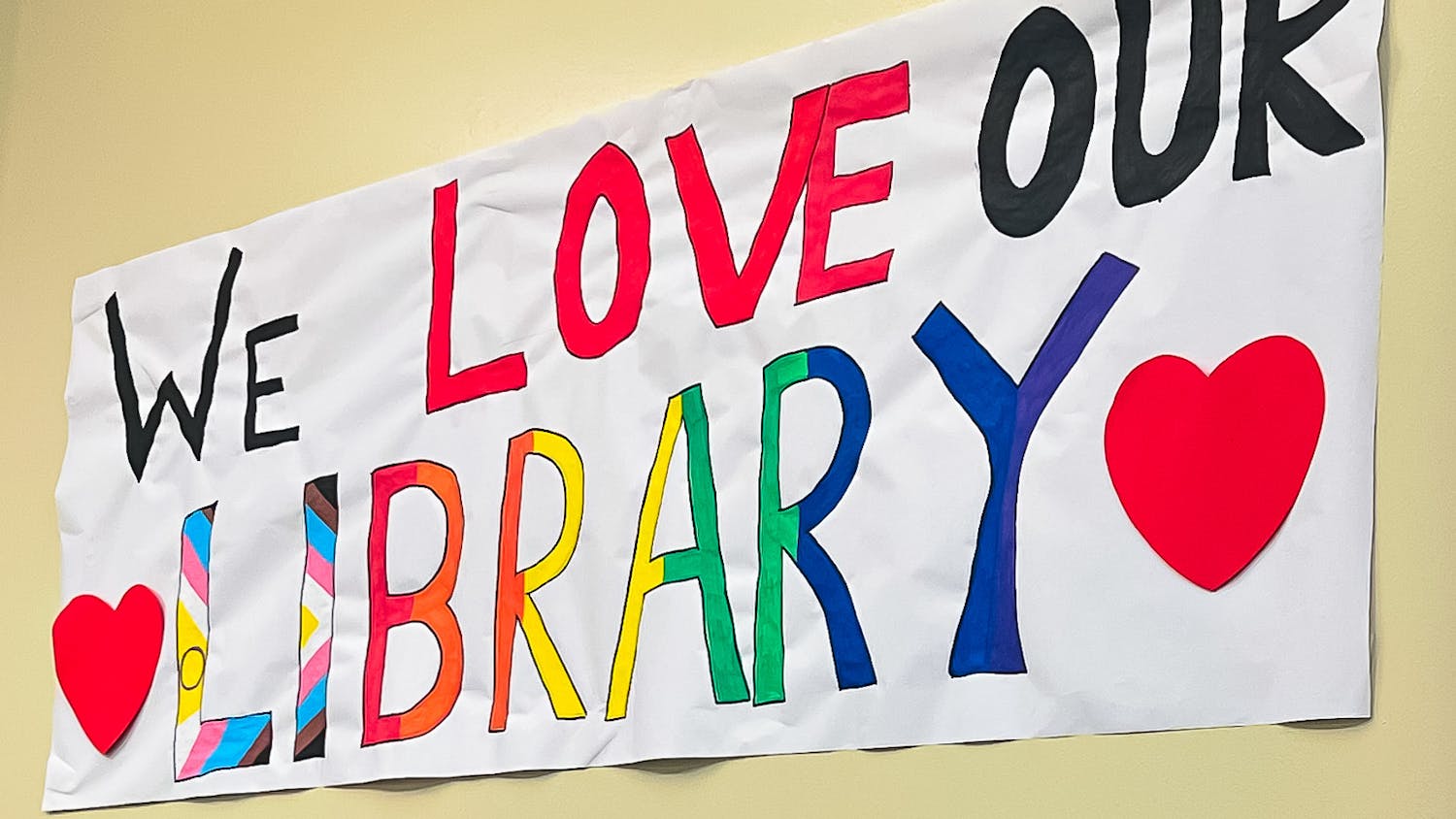In the season-one finale of “Master of None,” Aziz Ansari’s character, Dev, stands in the middle of a bookstore clutching a copy of “The Bell Jar.” Faced with a seemingly unending variety of life choices, each taking him on a drastically different path, Dev has exhausted every source of advice and looks to the Sylvia Plath novel as a last-ditch effort. Ansari’s voice can be heard reading some of Plath’s most painfully poignant lines: “I saw my life branching out before me like the green fig tree in the story. From the tip of every branch, like a fat purple fig, a wonderful future beckoned and winked. One fig was a husband and a happy home and children, and another fig was a famous poet and another fig was a brilliant professor, and another fig was Ee Gee, the amazing editor, and another fig was Europe and Africa and South America.”
Images from Dev’s life, both real and imagined, flood the screen, each representing a journey with its unique ending. He reads on: “I saw myself sitting in the crotch of this fig tree, starving to death, just because I couldn’t make up my mind which of the figs I would choose. I wanted each and every one of them, but choosing one meant losing all the rest, and, as I sat there, unable to decide, the figs began to wrinkle and go black, and, one by one, they plopped to the ground at my feet.” Dev closes the book and resolves to make a decision, any decision.
As the literary favorite of this columnist and every other introspective female English major, “The Bell Jar” was an unexpected but nonetheless appropriate choice for a series that goes above and beyond at capturing the nuances of life at 20-something years old. Originally published in 1963, the same year Plath ended her life after a battle with depression, “The Bell Jar” strings together semi-autobiographical events with Plath’s reflections on her deteriorating mental state with striking clarity. For a 53-year-old novel, it has an astoundingly modern voice, lending to its relentless critical acclaim.
Having first read this novel at the peak of my teenage angst in high school, my 16- year-old self had an entirely different conception of the protagonist, Esther Greenwood, as she navigated the cult of domesticity in the ‘50s. I focused mainly on the novel’s environmental elements at the time, scoffing at the societal expectations and dreading my own ascent into “womanhood.” It was my first introduction to anything mildly resembling a feminist perspective, and I ate it up.
Five years passed, and I found myself peeling Plath off my bookshelf yet again, this time for an actual class. I don’t have the opportunity to read a lot of books twice, mostly due to my constant inundation with readings for my major, but I wasn’t expecting the novel to give me anything new. I recalled the basic narrative arc of the story and planned on finishing it within a few days.
What I wasn’t expecting was that I would take away an entirely new message from a book I praised as one of my favorites. The societal implications of the narrative faded to the background, revealing Esther Greenwood’s anxieties in the face of adulthood. Esther could have been anyone in my close circle of friends, with her conflicting impulses to both conform to and rebel against expectations. Her inner dialogue as she confronts her paralyzing fear of choosing and adhering to a single life path could have come straight from my mouth. Hell, even her battle with finding a topic for her honors thesis is a mirror image of mine.
Just like Ansari in the bookstore scene, “The Bell Jar” didn’t tell me anything I didn’t already know. If anything, it proved to me the old adage of how well books can serve as a benchmark for your own personal growth. So dust off that neglected favorite, and maybe you’ll learn something about yourself in the process.
Marisa Papenfuss is a UF English junior. Her column appears on Tuesdays.





